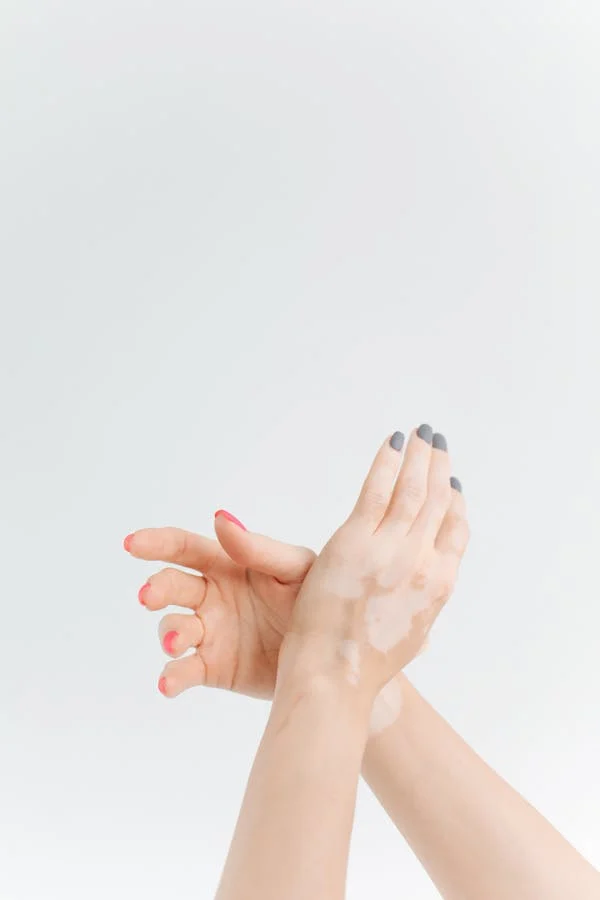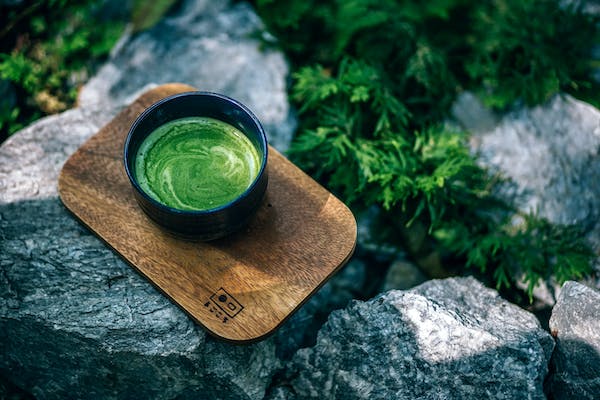
Your skin, the largest organ in your body, serves as a mirror reflecting your internal health. While skincare products play a crucial role in maintaining a healthy complexion, the impact of diet on skin health is often underestimated. What you eat can significantly affect your skin’s appearance, texture, and overall condition. Let’s delve into how various dietary components influence your complexion and the best foods to incorporate for glowing skin.
1. The Role of Antioxidants
Antioxidants are vital for skin health. They combat oxidative stress caused by free radicals, which can lead to premature aging and skin damage. Foods rich in antioxidants, such as berries, nuts, seeds, and green leafy vegetables, help protect your skin from environmental damage and improve its overall appearance. Vitamins A, C, and E, found in fruits and vegetables, are powerful antioxidants that promote collagen production and skin repair.
2. Hydration and Skin Health
Proper hydration is essential for maintaining a youthful and supple complexion. Water helps to flush out toxins, maintain elasticity, and keep your skin moisturized. Dehydration can lead to dry, flaky skin and accentuate fine lines and wrinkles. Incorporating water-rich foods like cucumbers, oranges, and watermelon into your diet can enhance your skin’s hydration levels. Additionally, drinking sufficient water throughout the day is crucial for keeping your skin hydrated from within.
3. Healthy Fats for a Radiant Glow
Healthy fats are indispensable for maintaining a radiant complexion. Omega-3 fatty acids, found in fatty fish like salmon and mackerel, as well as flaxseeds and walnuts, play a pivotal role in maintaining skin’s lipid barrier, keeping it hydrated and plump. Avocados are another excellent source of healthy fats, providing skin with essential vitamins and nutrients that help to prevent dryness and promote a glowing appearance.
4. The Impact of Sugar and Processed Foods
High sugar intake and consumption of processed foods can wreak havoc on your skin. These foods can cause insulin spikes, leading to increased production of oils and the exacerbation of acne. Moreover, sugar molecules can bind to proteins in the skin, creating harmful compounds called advanced glycation end products (AGEs), which accelerate the aging process. Reducing the intake of sugary snacks and processed foods can lead to clearer, healthier skin.
5. The Importance of Protein
Protein is essential for skin repair and regeneration. Collagen, a protein, provides structure and elasticity to the skin. Consuming adequate amounts of lean proteins, such as chicken, turkey, beans, and legumes, can support collagen production and maintain skin strength and resilience. Including sources of vitamin C, like citrus fruits, in your diet also helps in collagen synthesis, ensuring your skin remains firm and youthful.
6. The Gut-Skin Connection
Emerging research highlights the link between gut health and skin condition. A balanced diet rich in fiber, probiotics, and prebiotics promotes a healthy gut microbiome, which can reduce inflammation and improve skin clarity. Fermented foods like yogurt, kefir, sauerkraut, and kimchi are excellent for promoting gut health, which in turn benefits your skin.
Your diet plays a crucial role in determining your skin’s health and appearance. By incorporating antioxidant-rich foods, staying hydrated, consuming healthy fats, reducing sugar intake, and supporting gut health, you can achieve a glowing and radiant complexion. Remember, the journey to healthy skin begins from within, and making mindful dietary choices is an integral part of your skincare regimen.








